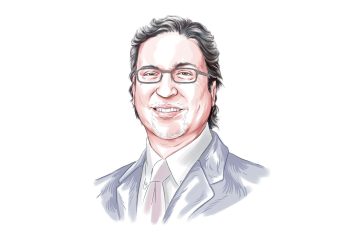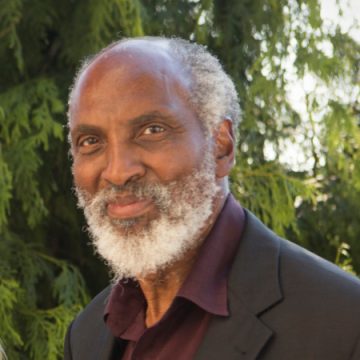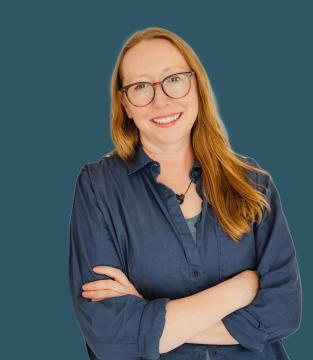Story
Carlos Mariani Rosa
Fellowship: 5 Years Out

“The cohort model was priceless for me. It provided me with a strong emotional connection to others on similar journeys, which helped me stay disciplined.”
When Carlos Mariani Rosa applied for a 2013 Bush Fellowship, he was in the middle of his career as a Minnesota state representative and as the executive director of a nonprofit focused on race and education equity. Through the Fellowship, he was able to evaluate his purpose and better understand how he fit into the stories of those coming before and after him.
What aspect of the Fellowship did you find most valuable?
I was in my mid-50s at the time, and I had deep questions about my career and “where to go next” with it. I was feeling a sense of becoming an “elder” and didn’t know what that meant. The cohort model was priceless for me. It provided me with a strong emotional connection to others on similar journeys, which helped me stay disciplined about tending to my own development, as I felt accountable to them and not just to myself.
What do you do now and how did the Fellowship help you get there?
I “do” the same work, but I do it from a slightly different frame of awareness. I am more in control of my purpose and more confident about making long-term “plays” for our nonprofit work. Coincidently, my party regained control of the Minnesota House the year my Fellowship began. As a senior member, I chaired a House committee, so I was re-thrust into critical leadership roles in the state legislature. The pace of work was intense and full, but the Fellowship fed me the energy to successfully navigate through the legislative session. I had the best two years of my legislative career passing major bills — the biggest and most meaningful in my years there, affecting the redesign of the school integration program, the Dream Act, and nation-leading legislation to redesign educational approaches and accountability systems for students learning English.
Inspiration comes in many forms: places, people, experiences. Where do you find inspiration to lead?
I don’t believe I lead. I believe I play critically important roles in groups of others (of which I am a part) to do things that are new, difficult and that need resolving. One place I find inspiration is a deep sense that I am on a long journey that began before I came into this world and that will continue long after I have departed. I find great inspiration by the resistance of those who would be pushed to the margins — Dreamers, BLM, GLBT, Indigenous peoples. Honestly, given the present national political environment, I often struggle to find inspiration. My belief is that — just as I acquired new insight — others have learned more effective ways to drive change and to survive when under attack. I find comfort and inspiration in that knowledge.
Illustration by Allegra Lockstadt
Continue reading
-

News
Power of Bridging event
Mark your calendars for a special community event with john a. powell! Thanks to our friends at MPR News, we'll be hosting john at the Fitzgerald Theater on December 2 and hope you can join us!
-

News
Celebrating the 2025 Bush Prize honorees
Learn more about the 2025 Bush Prize honorees who are helping to make our region better for everyone!
-

News
Welcome to new Bush staff members
We are celebrating some new Bush colleagues and hope you get to meet them soon!